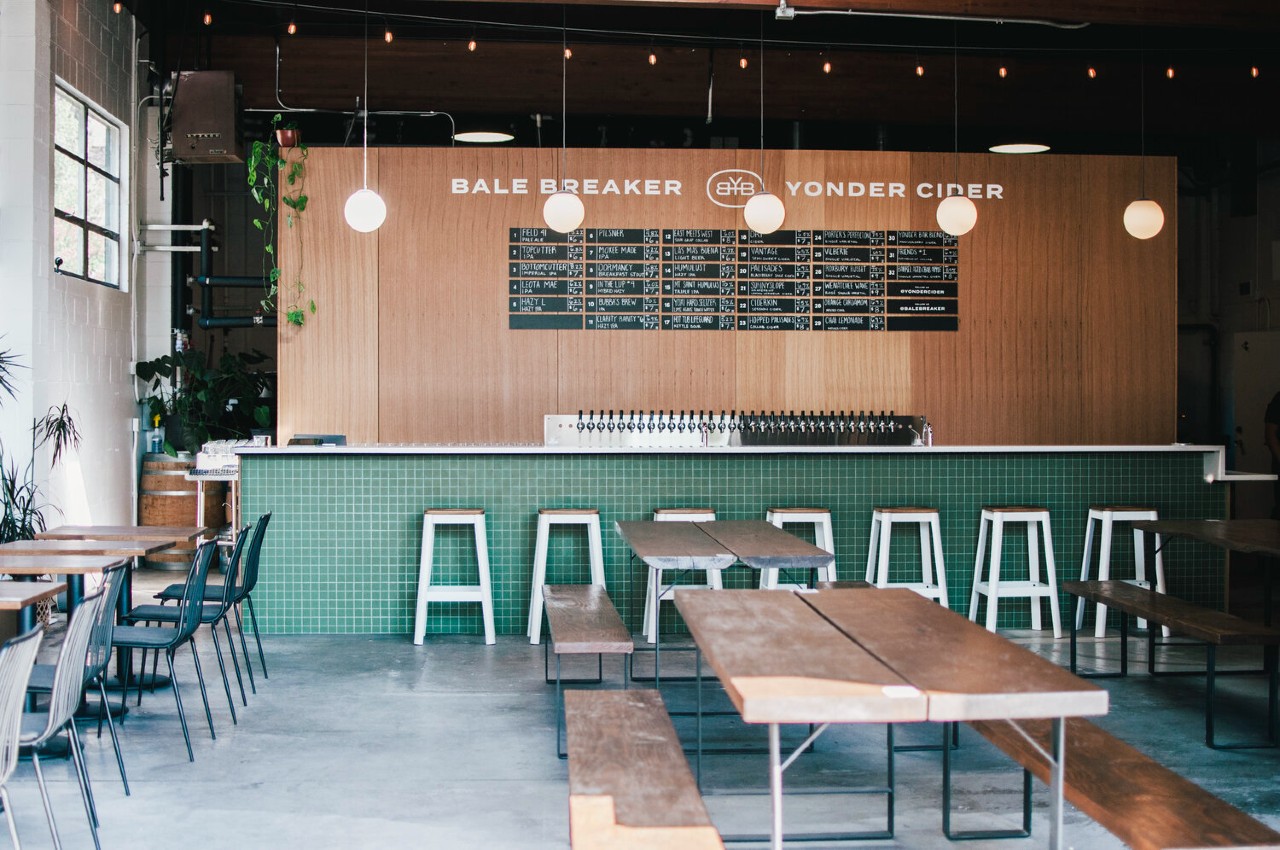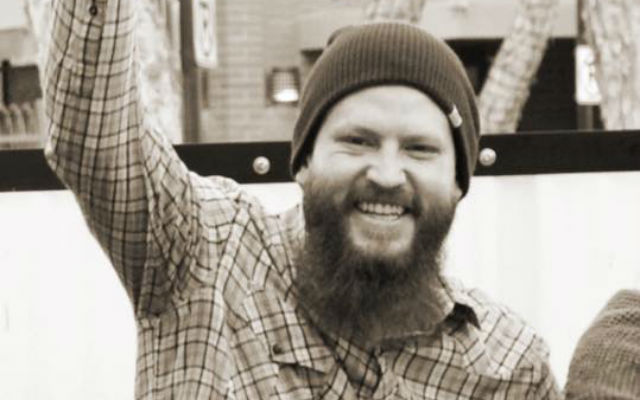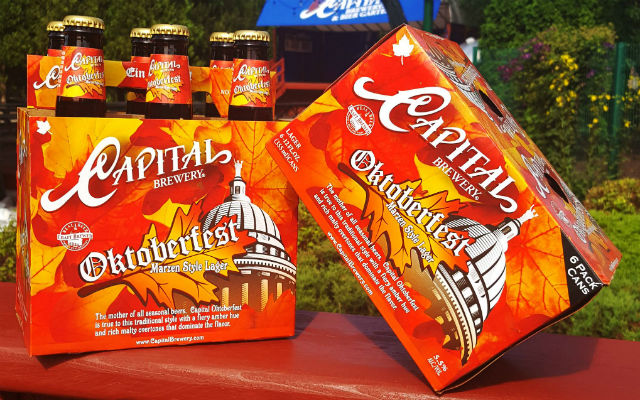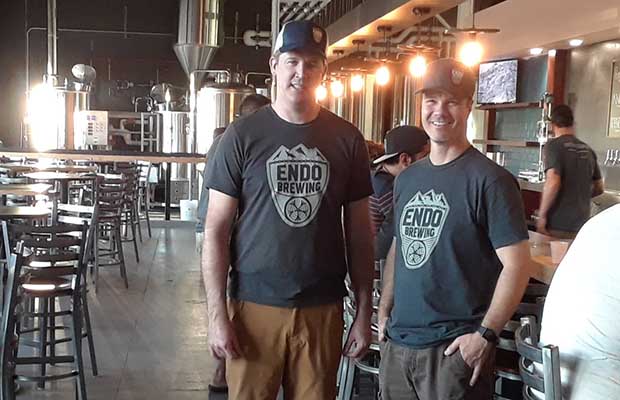
Being a brewing company that also makes cider, or having a partnership between a brewery and cidery that allows them to share a taproom can be advantageous for companies that want to be able to have something to offer to a broad range of palates.
Wilmington Brew Works is among those that operate as both a cidery and a brewery. The Wilmington, Delaware company serves both its cider and its beer in its taproom but has a separate winery in which it makes cider.
Assistant Brewer Ryan Rice takes the lead in making the cider the company serves in addition to his beer brewing duties.
“There are similarities in the basic fermentation process, but in cider the sugars are already present,” Rice said. “You don’t have to do a mash. Some see my job with cider as being less involved, but there are a lot of things that happen on the back end that make it equally in depth as making beer.”
The biggest hurdle to clear with their business model is the hoops they have to jump through to stay on the right side of the law. They have an alternating premise permit, which allows them to operate as a brewery one day and a winery another, but not both on the same day.
“Some days I have a 10-minute job to do with cider but I can’t because I’ve been doing brewing that day,” Rice said. “I’ll have to come in on Saturdays sometimes to make it all legal. But we’re able to offer our customers both products. Someone is gluten free, or comes in with their beer drinking friends and still wants to hang out and drink, we have cider for them.”
In the Seattle area, Bale Breaker Brewery and Yonder Cider found a creative loophole that allowed them to create a facility that serves both of their products under one roof.
A Washington state law change in 2021 made it possible for distilleries to work with breweries and wineries, so the two companies launched Wise Fool Spirits in a joint effort.
The facility with 6,200 square feet of outdoor space and 32 taps is still open today, nearly two years after the companies made their announcement.
Bale Breaker owner Meghann Quinn and Yonder founder Caitlin Braam told Brewer following their announcement that, similar to Wilmington Brew Works’ situation, there were legal obstacles to navigate but that the end result was well worth it.
”There are a lot of small intricacies to the law — such as glassware needing to be marked for each business, the brewery and distillery needing to be within a certain proximity of each other, and so on,” they said. “That makes this project a little more complicated than a traditional taproom. But it’s worth it to create such a unique space and one that’s unlike any other in Seattle.”




Be the first to comment